The growing number of inmates on death row in Nigeria, currently standing at 3,833 has drawn renewed attention to a complex and deeply sensitive issue: the persistent reluctance of many state governors to sign execution warrants. These condemned individuals live for years, sometimes decades, in a state of psychological torment and uncertainty. Although the courts have spoken, the final act of enforcement which is the approval by the governor is often indefinitely delayed. While each governor’s hesitation may be personally motivated, widespread opinion suggests that many are influenced by religious, moral, or spiritual beliefs about the sanctity of human life. In some cases, this is likened to a “Pontius Pilate complex”, a symbolic handwashing of responsibility despite legal obligation.
Yet, while the moral hesitations are understandable, they are in tension with the practical realities of a criminal justice system under strain. The death penalty remains a lawful punishment under Nigeria’s legal framework, both in statute and constitutional law. But when governors avoid giving effect to death sentences, it creates a significant backlog, contributing to prison overcrowding and systemic inefficiencies. Correctional centres are overstretched, and the justice system expected to be firm and final, appears caught in a limbo between condemnation and compassion.
This inaction not only delays justice but also raises fundamental questions about the purpose, future, and morality of capital punishment in Nigeria.
Historically, the death penalty is as old as civilization itself, accepted and institutionalised across cultures and religions. In the Judeo-Christian tradition, scriptures speak of “life for life, eye for eye,” while Islam, under Sharia, prescribes death for certain hudud (fixed) offences. Ancient Greece, under the Draconian code, employed capital punishment for a wide array of crimes. In medieval Europe, executions were often public and political; under King Henry VIII, more than 70,000 were reportedly put to death. China; both ancient and modern has consistently enforced the death penalty with vigour, using it as a tool of deterrence, social control, and anti-corruption. Even the United States, despite growing debate, retains it in many states as the ultimate form of criminal sanction. In each of these contexts, execution has been justified on grounds of retribution, deterrence, and public order.
Nigeria is no exception in its legal recognition of capital punishment. Section 33(1) of the 1999 Constitution of the Federal Republic of Nigeria (as amended) provides for the right to life but also allows for lawful deprivation of life through a judicial sentence. The Criminal Code (applicable in the South) and the Penal Code (in the North), along with various procedural laws, spell out offences punishable by death: armed robbery, murder, treason, terrorism, and under Sharia law, adultery, apostasy, and sodomy, among others.
Judicial precedent, including the landmark Onuoha Kalu v. The State, affirms the constitutionality of the death penalty. The Supreme Court, while acknowledging the debate, ruled decisively that capital punishment is not inherently cruel or unconstitutional within the Nigerian legal order.
Despite this legal clarity, implementation is often hampered at the executive level. By law, state governors have three options upon receiving recommendations after a death sentence: allow the law to take its course, commute the sentence to life imprisonment, or reduce it to a fixed prison term. In practice, many governors choose none of the above, leaving inmates languishing in indefinite limbo. The result is a paradox: the state sentences individuals to death but lacks the political will to enforce it. This inconsistency erodes public trust in the justice system and undermines its deterrent effect. It also denies victims’ families the closure they desperately seek, particularly in cases involving violent crimes such as terrorism, mass killings, and kidnappings by insurgent groups like Boko Haram.
Prolonged uncertainty on death row often for over 10 to 20 years has also drawn criticism from human rights advocates who argue it constitutes cruel and degrading treatment. Even when governors are morally or religiously opposed to capital punishment, their inaction, without taking steps to commute or review these sentences, creates a dangerous policy vacuum. It exposes gaps in governance, weakens judicial authority, and places Nigeria at a crossroads: either enforce the law as it stands, reform the legal system to abolish capital punishment altogether, or establish a middle ground that ensures justice without cruelty.
Ultimately, Nigeria must confront this issue with honesty and urgency. If the death penalty is to remain part of the justice system, then its enforcement must be consistent, transparent, and just. If the nation no longer has the moral appetite for it, then lawmakers must initiate its abolition. But as things stand, the status quo, where inmates are sentenced but not executed, where governors are empowered but reluctant, serves neither justice, nor mercy, nor governance. Justice must not only be done; it must be seen to be done and in Nigeria’s case, it must also be seen to be clear, fair, and final.
The souls of those brutally murdered by kidnappers, bandits, and insurgents like Boko Haram may never truly find peace if their killers, despite being tried, convicted, and sentenced are allowed to continue living simply because the authorities lack the will or courage to sign execution warrants. Justice becomes hollow when it stops at conviction without consequence. For the families and communities devastated by such heinous crimes, watching convicted perpetrators remain alive on death row for years without closure deepens the trauma. It sends a troubling signal that the system is more sympathetic to the condemned than to the victims whose lives were cut short in the most violent and inhuman manner. Where justice is delayed or denied, the memories of the innocent continue to cry out, not just for remembrance, but for resolution.
Written by:
Onogwu Muhammed — Lawyer, Public Policy Analyst, Multimedia Journalist, and Public Relations Expert
28th July, 2025
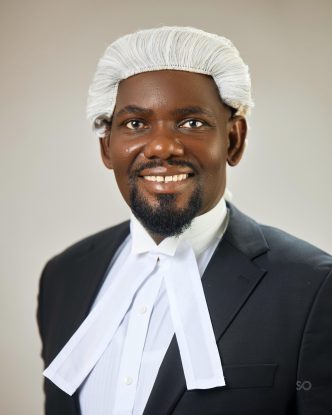
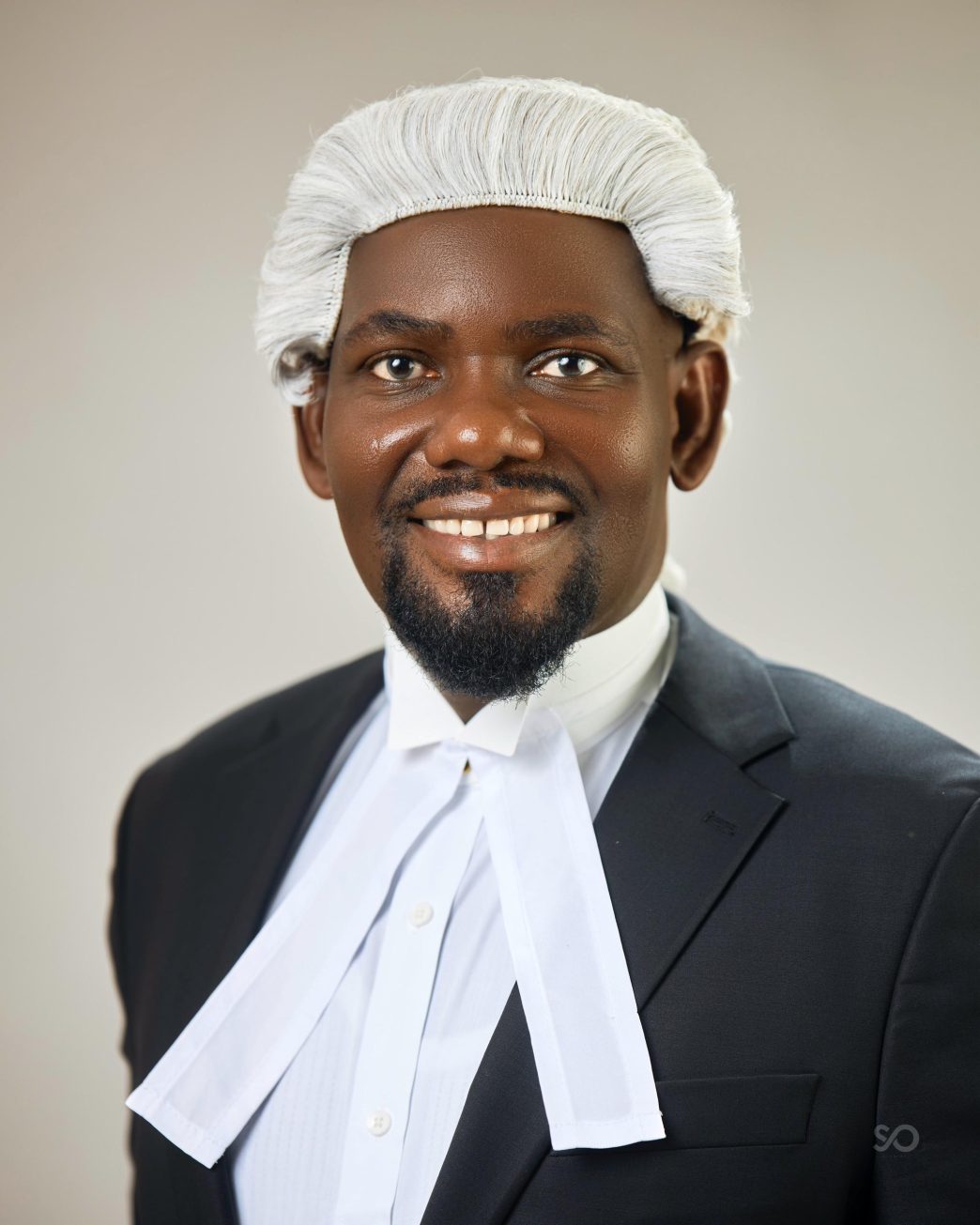




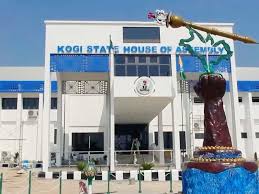


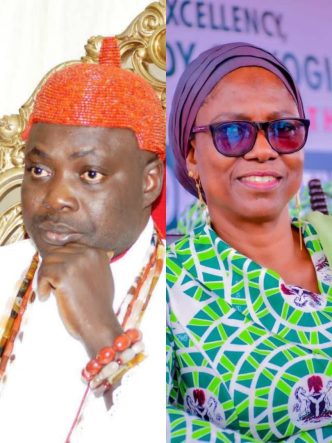
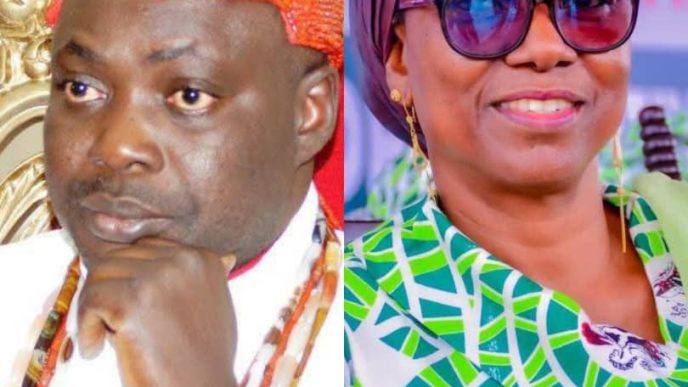
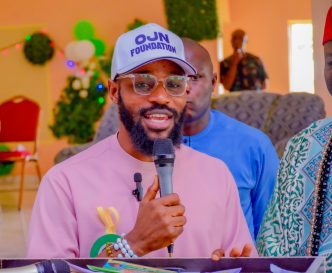
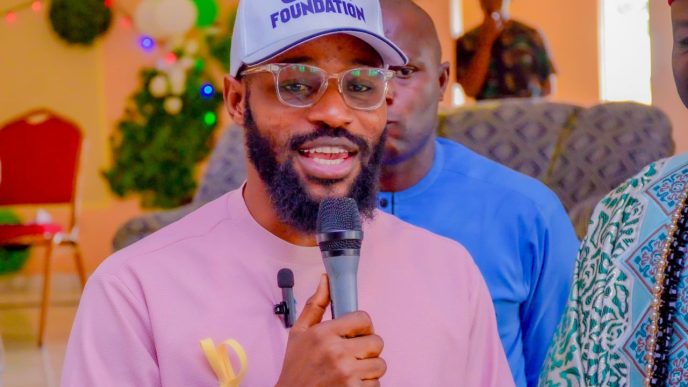
GIPHY App Key not set. Please check settings